Goldman Environmental Prize Winners Chosen for Exemplary Works of Activism
The 2024 Goldman Environmental Prize winners were selected April 29 and honored activists from each of the six inhabited continents. The award, also known as the “Green Nobel Prize” is given out around the world to environmental activists who have taken significant action towards helping the planet.
Here are the winners and their commendable contributions to the planet.
Goldmanprize.org
Africa
Indigenous activists in Africa, Nonhle Mbuthuma and Sinegugu Zukulu have been awarded the prize for the African continent. The two environmentalists successfully stopped damaging seismic testing for oil and gas along the Eastern Cape. This halt in testing for oil and gas immensely helped protect the area's marine biodiversity. Back in 2021, Mbuthuma and Zukulu organized meetings and collected affidavits once they heard about Shell’s plans of seismic testing. Later that year, the High Court ruled in favor forcing an immediate removal of Shell and its operations from the coast, which ultimately led to Shell's permit being permanently rescinded. The win in court gave recognition to the indigenous people of South Africa and promoted the importance of the ocean to these communities who link the sea back to their spiritual beliefs and culture.
Europe
Teresa Vicente, a philosophy professor from Spain was given the Green Nobel Prize for representing the continent of Europe for her campaign that granted legal rights to the Mar Menor ecosystem. The ecosystem is Europe’s largest saltwater lagoon and has become extremely polluted from mining, infrastructure and intensive agriculture. Vicente began the campaign in 2019 and urged for legal action to be taken to make the lagoon a legal person. By 2022, she had collected over 600,000 signatures and the senate finally passed the bill. The law gives the body of water the right to protection and conservation, as well as grants enforcement of the area by the government.
North America
California community organizer, Andrea Vidaurre claimed the prize for the North American continent after persuading the California Air Resources Board to acquire transportation regulations. The regulations aim to substantially limit the emissions from automotive vehicles like trucks and trains and have the ultimate goal of having 100% zero-emissions by 2036. Vidaurre is the co-founder of the People’s Collective for Environmental Justice and was promoting emission regulations by attending workshops, compiling public comments and setting up tours to show the public the negative effect these emissions have on the environment. The area was named the “diesel death zone” due to its poor air conditions. Her work not only helped adopt the Advanced Clean Truck rule, but the unanimous use of two other actions that will prevent thousands of deaths and illnesses over decades to come.
South America
In Brazil, Marcel Gomes was awarded the Goldman Environmental prize for his contribution in exposing the connection between world’s biggest meatpacking company, JBS and illegal deforestation. Him and his team were able to trace the companies products from supermarkets back to farms that had to be permitted to deforestation. After gathering evidence of the deforestation and its cause, Gomes and his team contacted suppliers, slaughterhouses and supermarkets, which led to supermarkets collectively amounting to $30 billion in sales to stop selling JBS products. Since this, more and more retailers have dropped the supplier, while Gomes pushed JBS to admit purchasing cattle raised on the deforested land. Gomes' work exposed heinous environmental crimes and held companies accountable, while also sparking change.
Australia
In Australia, Murrawah Maroochy Johnson was able to block the development of the Waratah coal mine. The mine would have destroyed around 20,000 acres of land and added 1.5 billion tons of carbon dioxide into the atmosphere over the mine’s life expectancy. Johnson teamed-up with the Environmental Defenders Office to confront the project in court. They stated that the burning of coal from the mine would significantly increase climate change and infringe on human rights of the First Nations people in the region. In late 2022, the cort urged that the mining lease be refused because of Johnson and her team’s effective and persuasive legal strategies. The case set a precedent by using First Nations people’s rights as a legal tactic to prohibit climate change and prevent intrusion into the region.
Asia
Lastly, Alok Shukla an environmental activist in India won the award after his campaign to protect 657 miles of the Hadeo Aranya forest from coal mining. The biodiverse forest is home to many species and 15,000 Indigenous Advasi people. Shukla was able to organize the community to resist the demolition of the forest, helped the community with legal strategies and led protests for the cause including a tree-hugging protest against cutting down trees for mining purposes. Through social media and petitions he was able to gain major support, which led the state legislature to create a resolution against mining in the region. The government also canceled coal blocks and preserved 445,000 acres of the forest from destruction.

